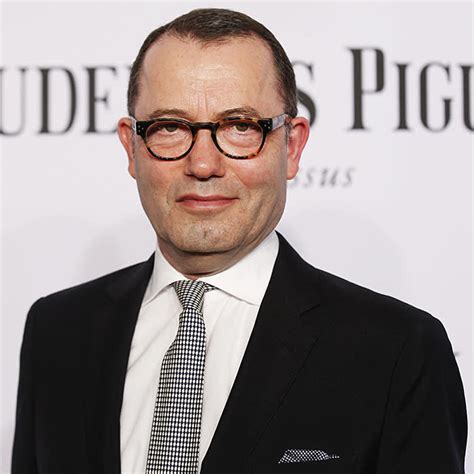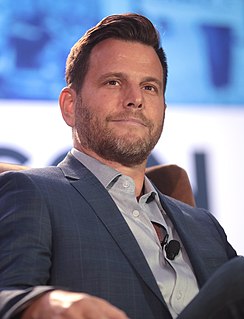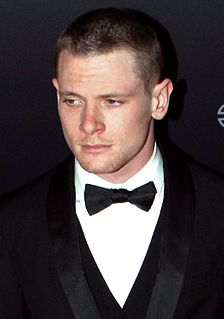A Quote by Dallas Roberts
Once the audience has to use themselves to cross the distance to the character, that's what's really exciting. That's when it starts to be a discussion between the art form and the audience, and that's fun stuff.
Related Quotes
Films for TV have to be much closer to the book, mainly because the objective with a TV movie that translates literature is to get the audience, after seeing this version, to pick up the book and read it themselves. My attitude is that TV can never really be any form of art, because it serves audience expectations.
The next time I write a play - in order to get audience trust for a particular sort of tragic line, I'll try to bring the audience a good distance before that. Part of that is allowing comic moments to occur. I had been afraid of that - that once the audience started laughing in the play, they would never stop.
You have a certain objectivity, as a member of the audience, and you can come away maybe being provoked into a certain discourse or a certain arena of questioning, regarding how you would deal with things that your character has to deal with. Whereas when you're doing a film, once you start asking, "What would I do?," you're getting the distance greater between yourself and the character, or you're bringing the character to you, which I think is self-serving, in the wrong way. The idea is to bring yourself to the character.
It's interesting to play that [ Thomas in The Maze Runner], actually. The audience gets to see the character discover who he is, things that he never even knew about himself. I love that Thomas starts out as the newbie, as the 'Greenie', and the audience kind of experiences that through his perspective. It's really cool to watch him discover these leadership qualities that he has, and the way you approach it... I guess, just honestly. As honest as you can, really.




































